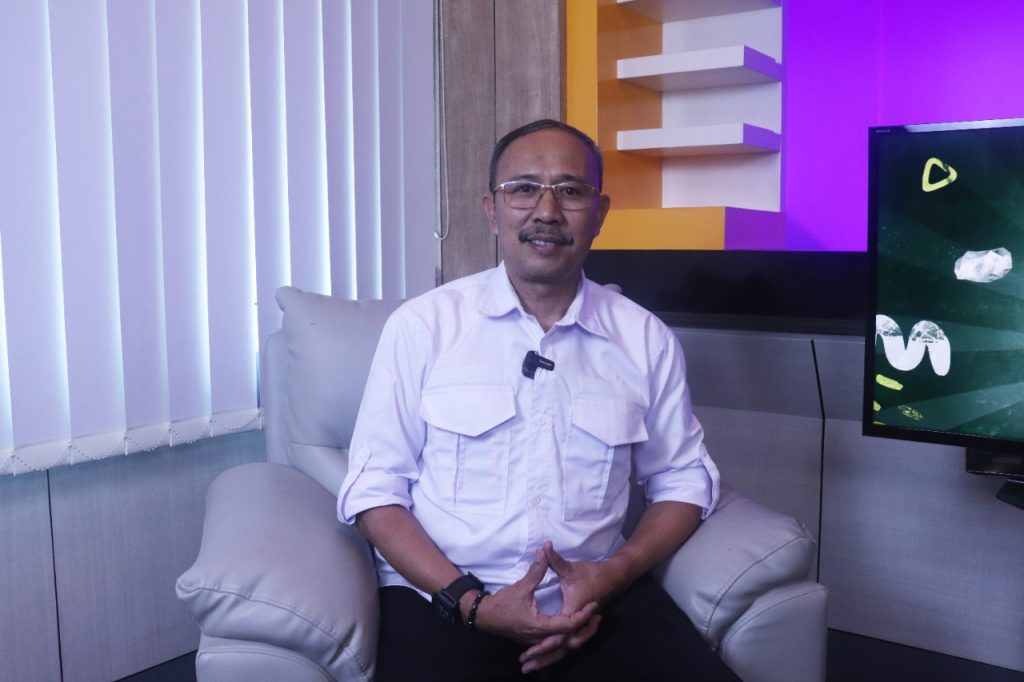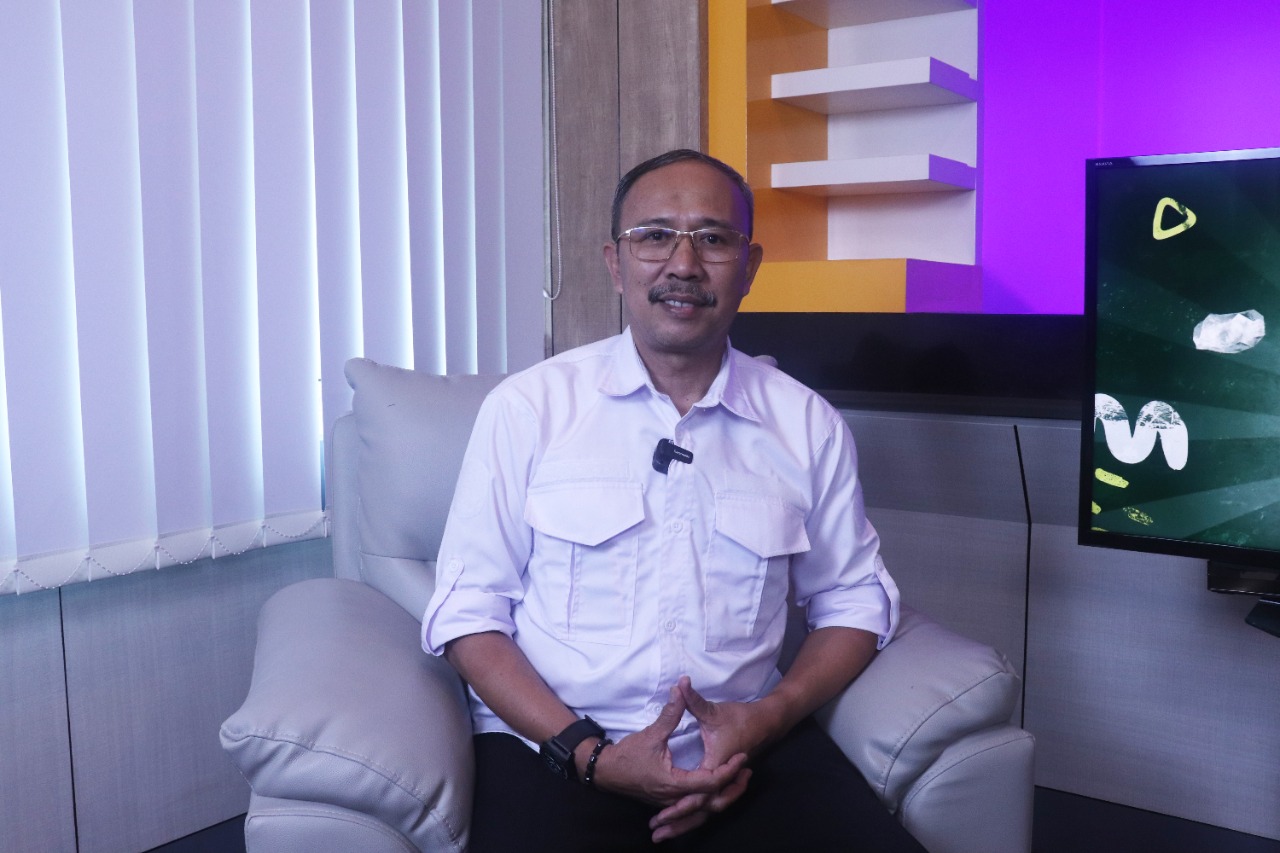
BANDUNG, unpas.ac.id – Government is currently developing sorghum as food alternative for substituting wheat. It is also to diversify staple food to maintain national food security.
The content of protein and carbohydrates in sorghum seeds is quite high. In addition, compared to other foodstuffs, planting and caring for sorghum is also easier.
This was conveyed by Professor of Food Analysis and Safety at Universitas Pasundan, Prof. Dr. Ir. Wisnu Cahyadi, M.Si. who, for the past five years has focused on researching and developing sorghum.
Sorghum is able to survive in dry land, so it does not require a lot of water. From the test results carried out by Prof. Wisnu, sorghum can also grow in all places, even in cold climates.
“The harvest period is also much shorter, it only takes 2.5-6 months and one tree can be harvested three times. One hectare of land generally produces 6-8 tons of sorghum seeds with relatively low production costs,” he said, quoted from Unpas Talk Podcast on Tuesday, 1 November 2022.
From the process of planting, maintaining and harvesting, sorghum farmers only need about 7 million rupiah. Not only sorghum seeds that can be processed into food, farmers can also get benefits from the use of other plant parts.
“Sorghum has zero waste because all parts of the plant can be utilized. The leaves are high in nutrients, suitable for forage animal feed, the juice from the stems can be made into sugar, the dregs are then processed into bioenergy,” added Prof. Wisnu.
Innovating Sorghum
During his research, Prof. Wisnu had already created 14 products from sorghum seeds, including flour, soy sauce, tempeh, liquid sugar, crystal sugar, analog rice, sorghum rice, sorghum pop, dry noodles, wet noodles, brownies, tengteng, cookies, and cheese sticks.
Sorghum sugar, he continued, contains a lower glycemic index, so it is safe for diabetics to consume. Sorghum-processed products are also gluten free.
To help sorghum farmers, Prof. Wisnu along with his team and students also innovated a thresher machine, chopper machine, and sorghum flour machine. The tool was donated to Kampung Sorgum Pameungpeuk, the location of his research.
“Alhamdulillah. The machines helped increase their production capacity. The results of the flour are smoother even though it is not as smooth as wheat flour, in the future I will modify it to make it more perfect,” he explained.
To make sorghum be the main staple food other than rice, he thinks, there should be public awareness to start cultivating sorghum. If its production capacity is expanded, the price of sorghum could be more affordable and considered as the main staple food by the public.
“Government should also fully take its pro-side to local food, the land must be expanded, not even converted to other infrastructure. Unproductive land can be given to the community for local food crop cultivation,” he said. (Reta)**
